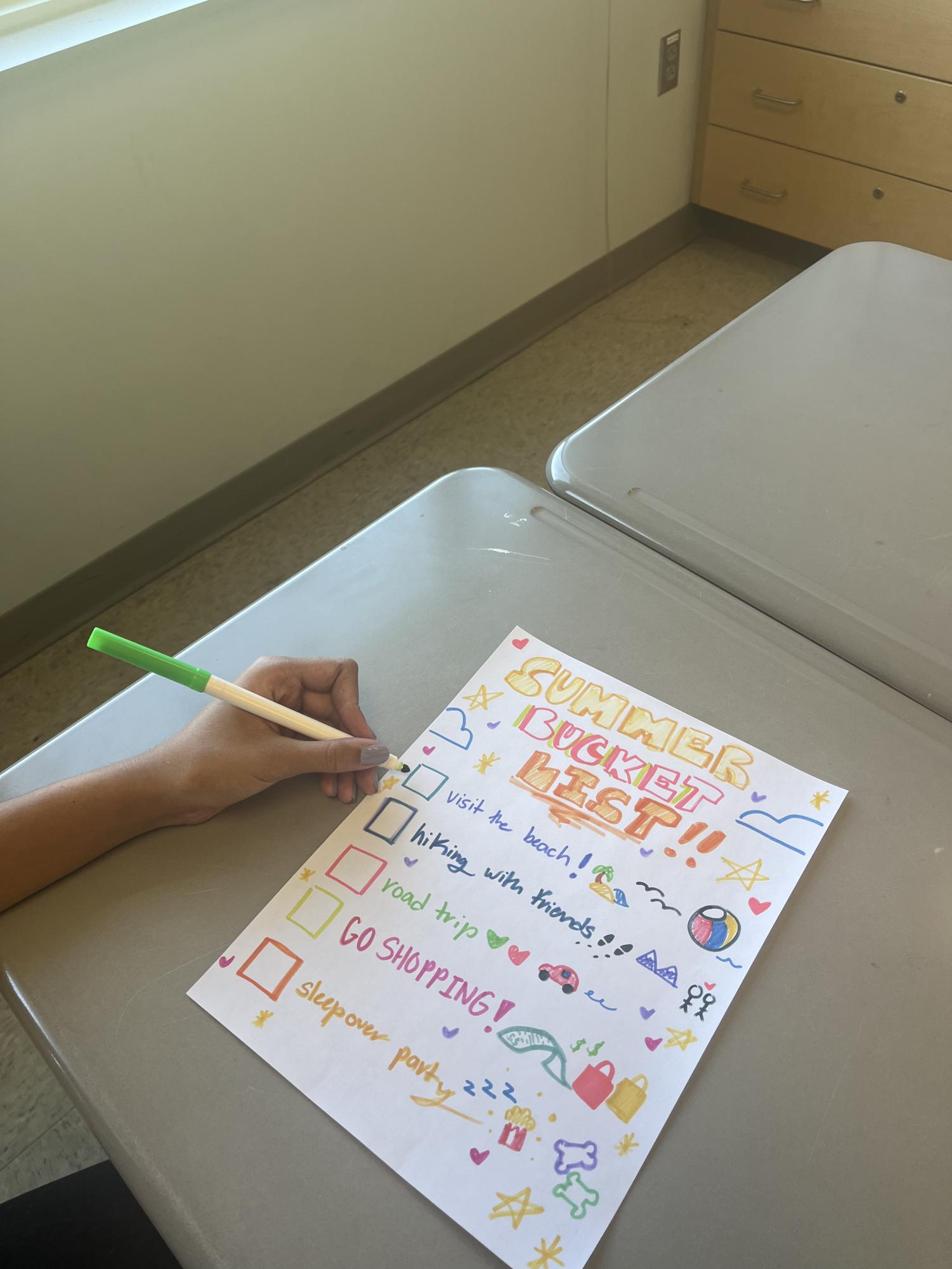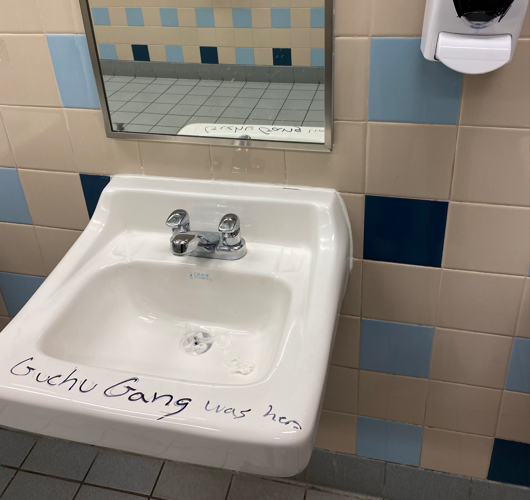What’s your “major” decision?
Like many seniors, Madeline is unsure of what decision she wants to make for her major.
May 21, 2021
“What do you want to be when you grow up?”
Ugh. The dreaded question from everyone–and I’m only 17!
Knowing what we want to do for a career is a difficult choice. There are so many majors in college. Should seniors already know their major going into college? Or should they keep an open mind and wait to choose?
“Your first year doesn’t really matter because it’s general education that’s not related to your degree, but as you approach your sophomore year you should try to get a feel for what ‘category’ you want to find your passion in,” graduate from Loyola University Logan Szyper said.
Often, students assume that at most colleges the first years are general classes regardless of the major. Junior/senior year students are in classes that are specific to the degree. But, that is not true. Often, in order to graduate in four years, a college structures the major to include specific freshman courses to build toward specialization.
It’s a tough balance. Szyper believes students shouldn’t close themselves off to other opportunities that may interest you. Szyper learned that lesson.
Katelyn Brush wrote “What No One Tells You about Deciding Late on a Major” provides tips for what to do in college. “Pick out a bunch of clubs that interest you . . .When they glance at your résumé, potential employers will see that you spent your time developing skills in teamwork and showed exemplary work ethic,” writes Brush. She suggests lots of strategies for exploring.
Joining clubs at school can help students find their passions and help decide what path they want to take, regardless of their major.
“Personally, I started with a double major in marketing and accounting freshman year. I later found out that marketing wasn’t something I liked and changed it to accounting and economics,” Szyper said. “By the beginning of sophomore year I changed it again to finance and accounting. I changed my major twice, but it didn’t come with many risks because of the similarity between the two majors, they were generally in the same ‘category.’”
In fact, 80% of college students change their majors. Whether it be a lack of interest in their major or lack of understanding, changing majors is very common.
So changing between majors that are very similar and are categorized together isn’t as risky as changing in between, for example, fashion design and biochemistry. Those two majors are dramatically different and an extra year would most likely be added onto a regular 4- year college because of the additional courses that would need to be added to your schedule. While extra time in college isn’t bad, it’s just more expensive.
Although changing majors can be risky and more costly, the website CollegeTransfer.net gives tips for students. “If you are within your first 60 credits, you have a better chance of moving your credits and course work around to other majors or programs of study than if you are already taking major or upper level courses you no longer have interest in nor may the credits be applicable when you change your major.”
Mother of Senior Madeline Williamson, Carol Williamson changed her major three times in college.
“My first major was in nursing, but then I failed biology and realized I wasn’t good at it. Then I wanted to be a social worker but ended up not liking the field. I last tried communications. I learned I was good at public speaking and understanding a crowd,” said Williamson.
“But that is what college is about, it is supposed to help you find your career path and show you what you excel in,” said Williamson.
Jake Orlando is a senior and is attending the University of Maryland in the fall. He is planning to major in business, and the Robert H. School of Business is top ranked.
“There’s multiple career paths that still have their ‘door open’ with choosing a broad major like business,” said Orlando.
A bonus about a broad major is that there are lots of different job opportunities that can fall under just one major.
“I want to work at an investment firm or somewhere in the government,” said Orlando.
While some students are unsure of the exact path they want to pursue, others already feel sure.
Senior Ella McCaffery is going to the University of South Carolina and is majoring in nursing.
“I’m majoring in nursing because I wanted to do something in the medical field where I can help people. I am majoring specifically because I know I want to become a nurse after college,” said McCaffrey.
Going to college allows students to find their passions–and there may be more than one.
What’s is your major choice?














